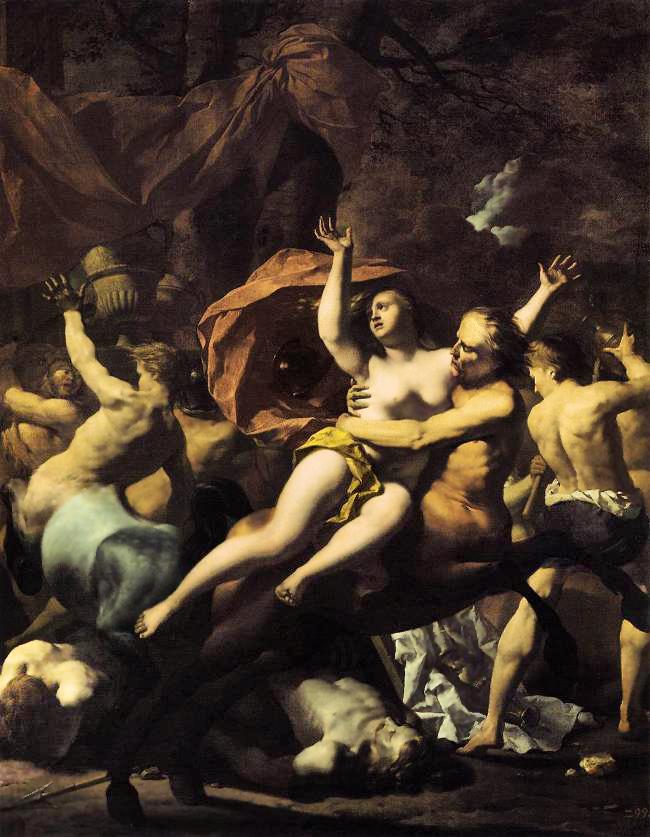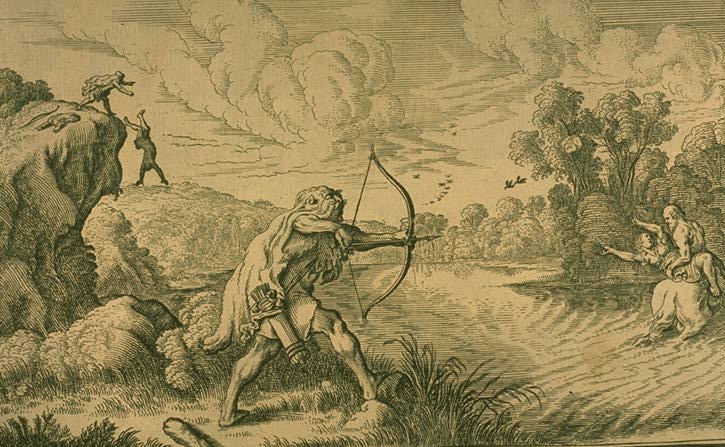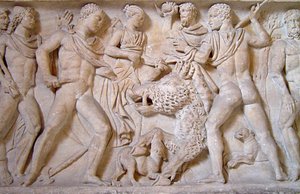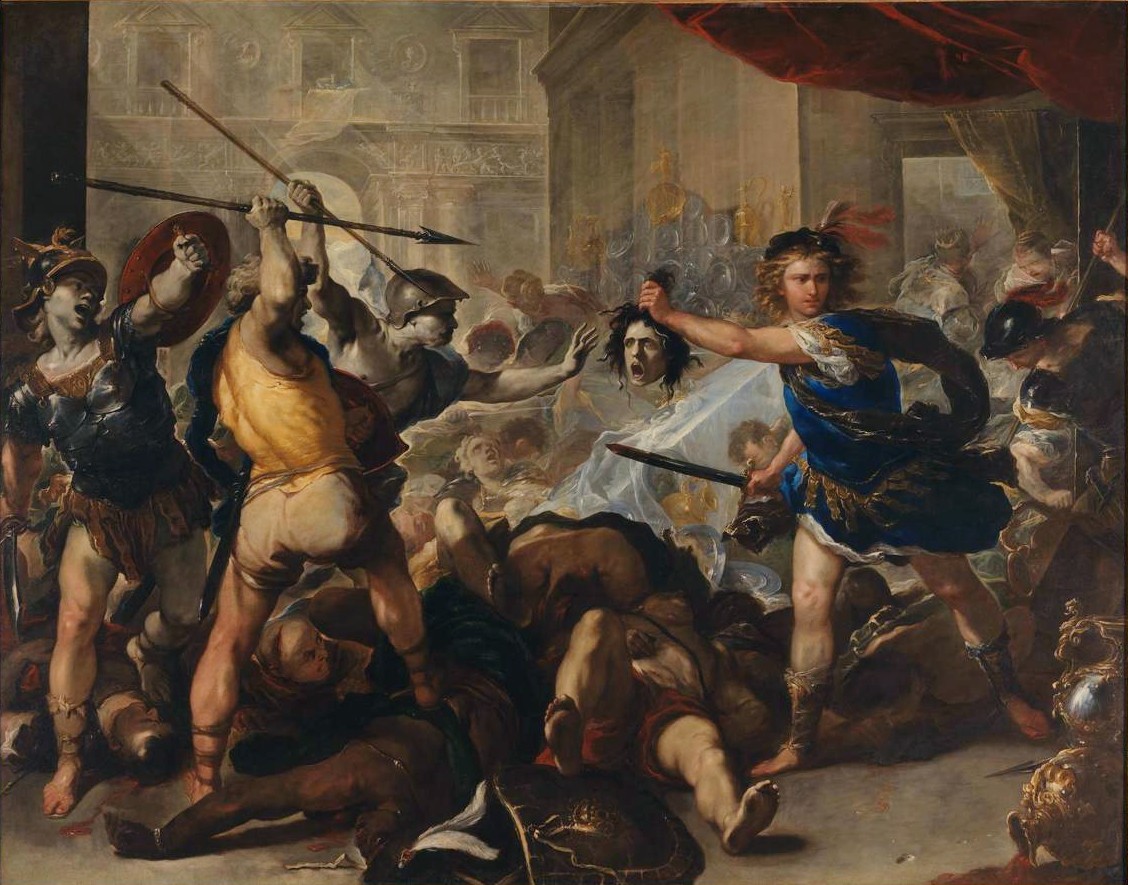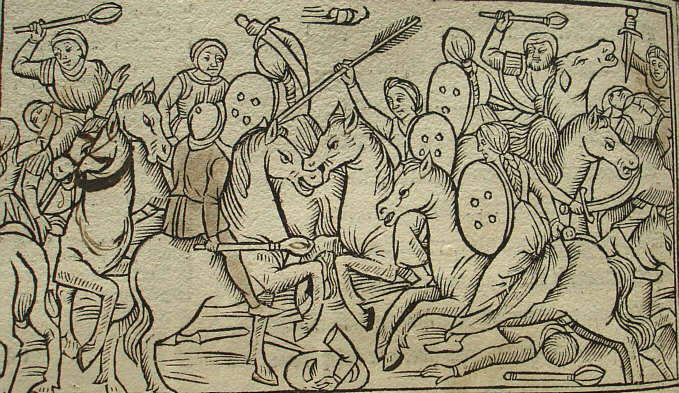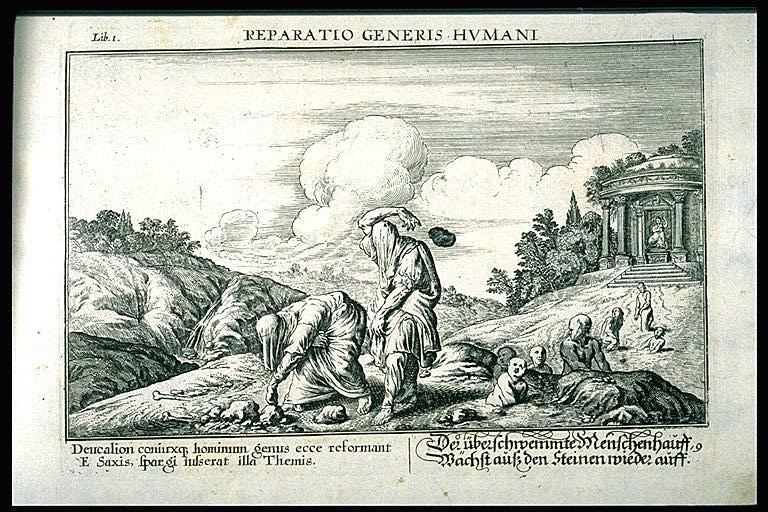What makes a true artist, mythologically speaking? Is it talent or hard work, are we defined by the trials of life or the gifts we receive? Is it how an artist represents nature or how he alters our perception of it? Does a life filled with struggle and tragedy produce the greatest works of art? The myths of both Daedalus and Orpheus provide some answers to these questions. Both these mythological characters play different roles in Ovid’s tales, but it is apparent that he set these two characters apart because of their art.
So according to Ovid is it talent or hard work that creates an artist? Ovid gives two very similar answers. In Orpheus, it is without a doubt a God given talent that drives him to create his enchanting songs. In Daedalus’s case, though he was very gifted, his prowess came about through his curiosity and determination. A distinction may be made between the two through craft. “the creation of a work requires craftsmanship. Great artists praise craftsmanship most highly. They are the first to call for its painstaking cultivation.” (Heidegger 184) Orpheus’s art is not a physical thing, though it can cause physical reactions, and despite its existence there is no craft to see. For through Ovid’s tales, we cannot hear the sweet song of his lyre, but only grasp its effects. Such as the time he gained entrance to the underworld with a song that made even the furies weep. Daedalus is a creator of things and these things were direct in there effect as they could be used by others than himself. The fruit of his labor, such as Mino’s labyrinth, was often so successful that “in fact the artifex himself could scarcely trace the proper path back to the gate—it was that intricate.” (Ovid 253). The craft involved in the creation of the labyrinth proves that Daedalus has created art of the highest order.
Is art true, as some say, when it perfectly represents nature as though one was looking at a picture? For instance the portrait that Lily in Henderson the Rain King had made for their home, as a mere face on canvas. Scholars on the subject seem to disagree, as did Heidegger,
The artwork is to be sure a thing that is made, but it says something other than what the mere thing itself is, allo agoreuei. The work makes public something other than itself; it manifests itself as something other; it is an allegory. In the work of art something other is brought together with the thing that is made. (Heidegger 145-146)
In this way and others, art often takes on the form of the creator of symbolism. When one looks upon a painting, let’s say of a medieval knight charging with sword held high, does one think of the violence of the blade? No, the artist has changed the mass’s view of the act to one of valor. Conversely Ovid used the story of Orpheus to show how he altered the nature of the beasts physically whilst playing in the forest. (Ovid 359) Daedalus too physically changes nature through his designs “at once he starts to work on unknown arts, to alter nature.” (Ovid 254) Daedalus’s work often accomplished things ordinary people could only dream about, for man now had the ability to soar!
Tragedy has always seemed to strike at the heart of great artists throughout the ages. Even today Jimi Hendrix, Kurt Cobain, John Lennon all met a terrible end whilst in the best years of their lives. The list goes on and on back to the beginning of written history. Orpheus was a great musician before his wife’s misfortune, but he was immortalized by his lament. “The start was sad—and sadder still, the end the Bride just wed, met death.” (Ovid 325) The very songs he sings are thoroughly disheartening, as the characters almost always meet their doom. Only Pygmalion escaped an evil end due to his years of chastity and virtue. For his art though an obsession truly became a good force in his life, through the creation of his own wife. (Ovid 335-336) This example is an extreme exception to the rule, as I cannot think of another. Even in our day and age I know of not even one artist, who has in the end passed away naturally with dignity and grace and created truly great art. For Orpheus’s own end was a veritable cornucopia of gore. “The poet was like a stag who, in a spectacle, is doomed to die by morning light, when dogs surround him in the bounds of the arena.” (Ovid 360) Death was not quick for Orpheus of Rhodope as his head was thrown still singing into the river. “We are made to suffer so the poets have something to write about” (Homer) but the poets suffer to! Throughout Daedalus’s life his creations always seemed to backfire. After he crafted the Minotaur’s labyrinth, King Minos entrapped Daedalus by exiling him to Crete . “I still can take the sky—there lies my path.” (Ovid 254) His success here also bred tragedy, as he gifted his young son Icarus with a pair of his newly fashioned wings. And so the story goes Icarus ended up in a painting “And Daedalus cursed his own artistry” (Ovid 256) The life of an artist is not an easy one to bear, due to the constant tension and strife required to fuel the fires of creativity. The nature of art is cyclical as raw emotion such as strife is necessary to create something that pulls at our heartstrings. Artists affect the masses by creating not only a painting but a thing that causes wonder, pride, anger, excitement or any other emotion. This work in turn affects others and the patterns are repeated. Tragedy is therefore inescapable, for the drive to reach great heights almost always results in its opposite.
It seems as though an artist cannot stop the creation of his art as surely he cannot escape his fate. “I’ll not deny that I have tried: I wish that I had the power to resist.” (Ovid 326) The talent which great artists receive consumes their lives and controls the outcomes. The artist puts on display that which is felt. For the artist not only wears his emotions on his sleeve but immortalizes them through his work. In the end is being an artist a gift or a curse, it seems to me to be both.



